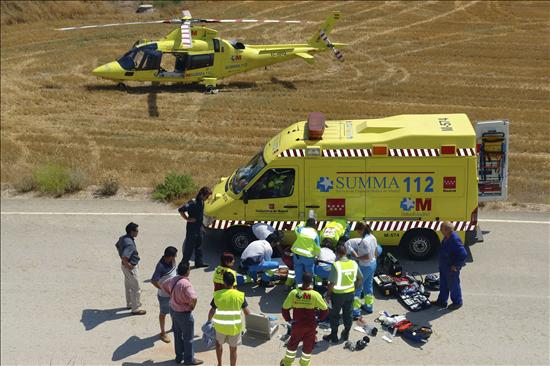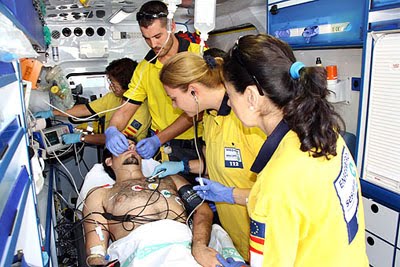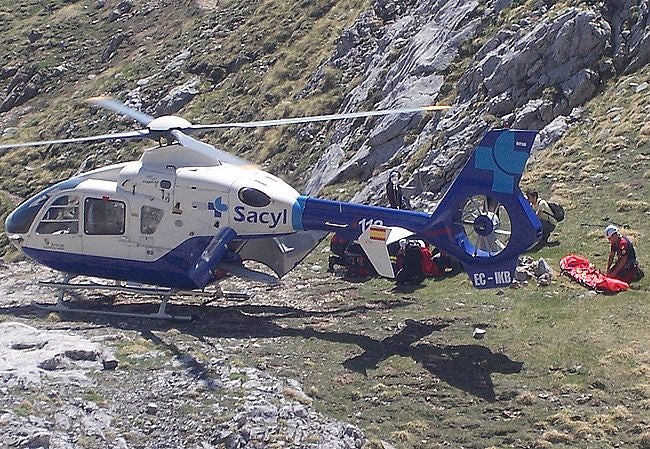jlc
Forum Probie
- 26
- 2
- 1
First, they have to get a degree in medicine (6 years). Then, they have to approve the MIR exam to choose a medical specialty (4-6 years). In Spain there is not emergency specialty yet, so they can choose other specialties that perform in the ER: Internal Medicine, Family Medicine, Intensive Medicine...
Most of ER in Spain are managed by family doctors or Internal Medicine doctors because they spend several years of their specialty residency in ER.
The residents in Family Medicine work during their residency in several services: ER, Health Centers, Trauma and sometimes in the ambulance service (under supervision).
Most of EMS are public services in Spain. Here, a medical specialty is mandatory for all public service physicians (since 1995). So most of ambulance physicians have spent several years in an ER. Some of them have worked several weeks or months under supervision during their residency on an advanced ambulance.
There are anaesthesiologists and intensive medicine physicians in EMS ambulances too.
In several regions (like Madrid Autonomous Community) a 1-2 years Master in Emergency Medicine (with a practical period in ambulance service) is mandatory for ambulance physicians.
So, ambulance physician: 6 years (Degree in Medicine) + 4-6 years (medical specialty) and/or 1-2 years (master in emergency medicine)
The medical specialty is not mandatory in private companies, so the employer can hire a physician without medical specialty or without master degree, however they prefer to hire more experienced physicians (I suppose so). Anyway, most of EMS are public services instead of private services.
Most of ER in Spain are managed by family doctors or Internal Medicine doctors because they spend several years of their specialty residency in ER.
The residents in Family Medicine work during their residency in several services: ER, Health Centers, Trauma and sometimes in the ambulance service (under supervision).
Most of EMS are public services in Spain. Here, a medical specialty is mandatory for all public service physicians (since 1995). So most of ambulance physicians have spent several years in an ER. Some of them have worked several weeks or months under supervision during their residency on an advanced ambulance.
There are anaesthesiologists and intensive medicine physicians in EMS ambulances too.
In several regions (like Madrid Autonomous Community) a 1-2 years Master in Emergency Medicine (with a practical period in ambulance service) is mandatory for ambulance physicians.
So, ambulance physician: 6 years (Degree in Medicine) + 4-6 years (medical specialty) and/or 1-2 years (master in emergency medicine)
The medical specialty is not mandatory in private companies, so the employer can hire a physician without medical specialty or without master degree, however they prefer to hire more experienced physicians (I suppose so). Anyway, most of EMS are public services instead of private services.










